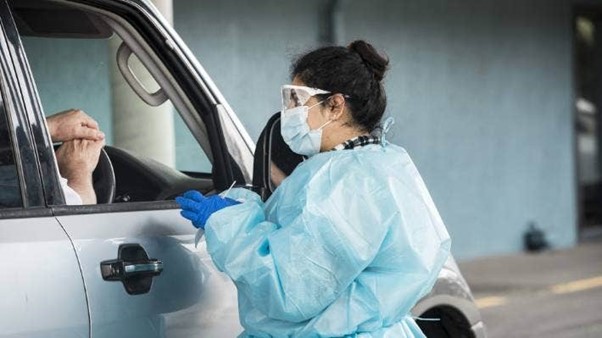Stuff article points to an issue with underreporting of Covid cases – my response
[Click here to read the original Stuff.co.nz news article]It is with interest that I read this news article that cites 50 million RATs distributed throughout NZ but only 1 million results reported and added to that two rather misleading comments on the performance of NZ MoH approved Covid 19 rapid antigen tests.
The Stuff article quotes Rapid antigen tests with as low as 50% accuracy which is misleading and untrue if used properly. This can only be due to poor sample collection and incorrect procedure primarily by those self testing and such a statement reduces peoples confidence. It can be fiddly and complex and many don’t understand the significance of each required process steps, the need to follow the directions and to process the test with care and attention. The range of sensitivities upwards from 86 % sensitivity, the greater than 90% accuracy is very achievable in a Rapid antigen test when performed by someone who knows what they are doing.
Stuff article points to underreporting of Covid cases as an issue although I do understand how this happens and would hasten to add that at this stage of the pandemic in NZ I don’t see the weight of importance put on that.

The stuff article also quotes those that say that rapid antigen tests have a high incidence of false positives and false negatives. Lets explore that. It isn’t a false negative if the person has covid but isn’t infectious. That may be a contentious statement but it is my opinion when taking into account the purpose of doing the test. Yes, false negatives are possible in any screen if the sample isn’t properly collected or is inadequate giving more fuel to my comment that you must follow the instructions or use a RAT with the simplest collection method.
False positives are a lot less likely in fact I would question its prevalence and say rare. False positives resulting from a cross reaction with another virus is very low with the specificity in the high 98-99 % would indicate that this is less likely to be a false positive. False positive because the viral load is too low is more likely the source of the comment but RAT is used to detect when there is a viral load high enough to be infectious.
Next comment quoted I take issue with is the claim that Rapid antigen tests should be stopped and replaced by PCR when in fact they are there to achieve different things. We don’t need to diagnose Covid 19 now but more importantly we need to know if someone is infectious. PCR is diagnostic meaning does the person have Covid 19 with the high potential for a false positive as it will also call positive and diagnose as positive someone that has had Covid 19 but recovered and past any infectious stage.
RATS are serving a great purpose and one for which they are intended when our communities in a medium to high incidence of covid infections it is used for determining those that are infectious or have enough viral load that they are capable of infecting others and should therefore isolate to avoid passing it on to others. This has been well demonstrated and continues to serve a great purpose for workplaces where business continuity is critical for many and business is threatened if already strained employees numbers are further reduced by the virus spreading among workers. All approved RATS in NZ are “fit for purpose having met performance criteria for specificity, sensitivity and accuracy.Some RAT brands are more complex to perform and this increases the potential for inaccuracy however there is one that is extremely simple providing more likely accuracy in the hands of inexperienced people in a variety of challenging environments.
What to consider to achieve good accuracy, ability to trust a RAT result and get best value for your business?
- Train your workers how to perform the collection and test properly
- Choose the simplest method/test (ask us about the Pen Test)
- Perform regular tests at least twice a week in low to medium incidence and daily when you have positive cases close in the working community
Trust a positive ! Keep checking negatives especially if symptomatic to determine if and when you may become infectious and able to transmit or pass on the virus to others. If positive by RAT- Isolate till negative
